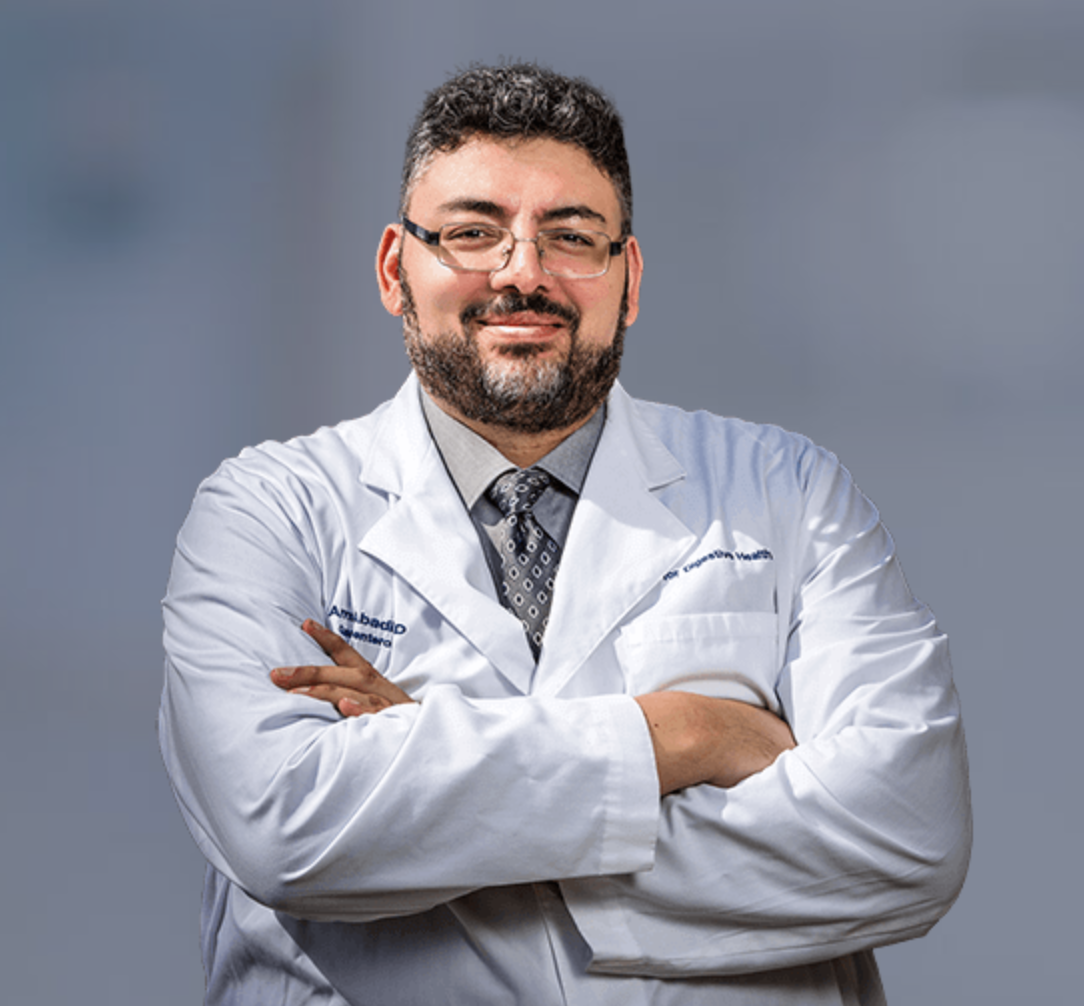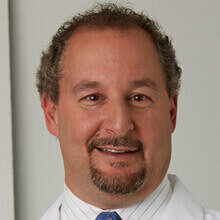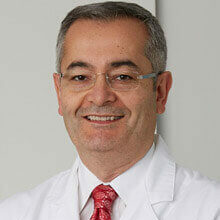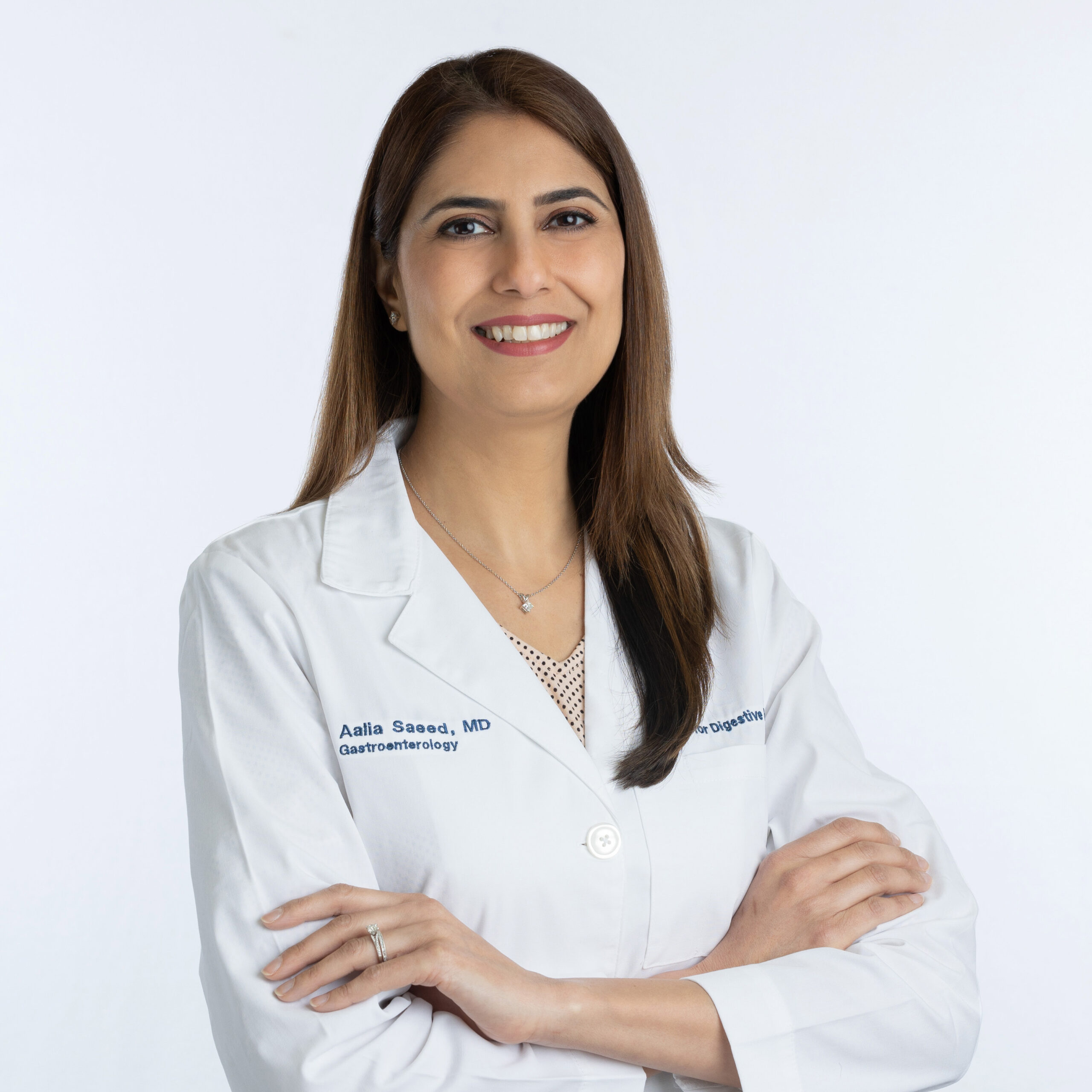What is a Fistula?
The term fistula describes an abnormal connection between two parts of the body. For example, a fistula may occur between an organ and another body part.
There are several types of fistulas:
- Blind: A fistula that is only opened on one end, but is connected to two body structures.
- Complete: This type of fistula has an opening outside the body, as well as inside the body.
- Horseshoe: This type of fistula is between the anus and the surface of the skin, and it goes around the rectum.
- Incomplete: An incomplete fistula is a tube that begins at the skin but is closed on the inside, so it does not connect with any body structures internally.
There are various possible locations of a fistula on the body. Some common fistula locations include:
- Between arteries and veins
- From bile ducts to the skin’s surface, due to gallbladder surgery
- Between the neck and throat
- From the cervix or bowel to the vagina
- From the colon to the body’s surface
- In the area inside the skull and nasal sinus
- Between the stomach and the skin’s surface
- From the navel to the gut
- Between the uterus and the walls of the abdomen
It is also possible to have an anal fistula, which develops when the anus has an abnormal connection with another organ.
Another type of fistula, called a gastrointestinal fistula, is located in the digestive tract. This type of fistula may develop between one part of an intestine and another.
Applicable Procedures
Colonoscopy
What causes a fistula?
There are several causes of a fistula. For instance, injuries and surgery are potential causes. Other fistula causes include infections and inflammation. Fistulas can develop between arteries and veins as a result of an injury, whereas inflammatory bowel diseases, such as ulcerative colitis, can cause the development of fistulas between intestinal loops. An anal fistula can sometimes be congenital, meaning that it is present from the time a person is born. It occurs when an abnormal connection develops between the anus and another organ.
How is a fistula treated?
Treatment for a fistula begins with a diagnosis. A doctor may diagnose a fistula by running blood tests, taking x-rays, or performing an endoscopy or CT scan. Fistula treatments will vary based upon the type and location of the fistula, and in some cases, a fistula may resolve on its own. Fistula treatments may involve managing infection, replenishing fluids, and correcting electrolyte imbalances. In some cases, a fistula may require surgery.
Do I have to seek treatment for a fistula?
If you think you may be suffering from a fistula, it is important to see a doctor to prevent complications. A medical professional can determine the best fistula treatment for your situation.
Common Symptoms
- “I developed a fever accompanied by stomach pain.”
- “I started to have diarrhea all the time, and I was suffering from rectal bleeding.”
- “I felt dehydrated and started to lose weight, and my overall health just got worse.”

















